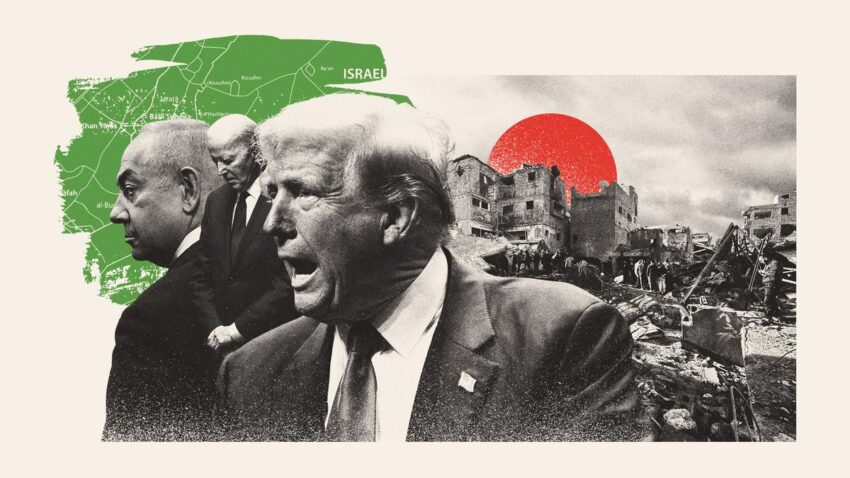The lack of clarity in Trump’s threat has also “somewhat blunted the effectiveness”, said The Times of Israel. He hasn’t specified that it would be the US bringing this “hell”. Hamas appears “unfazed”. Senior Hamas official Osama Hamdan said that neither the terror group nor the people of Gaza were afraid of Trump’s threat “because they already live in hell”. The US national security adviser Jake Sullivan and CIA director William Burns both echoed that sentiment.
But the question is not who is behind the deal, but whether Israel’s Prime Minister Benjamin Netanyahu can sell it to his coalition partners in the Knesset. A key Netanyahu ally, far-right finance minister Bezalel Smotrich, called the deal a “catastrophe for the state of Israel’s national security”, arguing against releasing “arch-terrorists” and saying Israel should instead “occupy and cleanse” the entire Gaza Strip. Netanyahu may “resent being dragged into an unwanted deal that will end the war and possibly lead to political upheaval at home”, said Haaretz. The ball “remains in Netanyahu’s court”.
Now Israel and Hamas are “on the brink” of a ceasefire agreement and a hostage exchange, which would take place before the president-elect returns to office on 20 January, according to US officials. Qatar, which has been mediating the talks, has reportedly given both Israel and Hamas a draft of an agreement to end the bloody war in Gaza.
So without proper leverage, how effective would a ceasefire even be? A key issue is the “permanency” of an agreement, said The New York Times. While Hamas has demanded a “comprehensive end” to Israeli bombardment, Netanyahu said he wants a “partial” deal that would allow Israel to resume the war after the hostages are freed. Israel has been “demanding vague language” that would leave room for “a resumption of fighting at some point”.
This has “concentrated minds across the region”, especially in Israel – which “scuppered the last major push for a ceasefire”. If Israel fails to “step up”, it could find itself “out in the cold and subject to a US arms embargo”, because with Trump, “anything is possible”. The president-elect’s much-touted unpredictability is – for now – “packing real punch”.
Hamas is expected to release 33 Israeli hostages, including women and those with illnesses, but the group has not specified how many are alive. Israel is reportedly discussing the release of three groups of Palestinian prisoners: about 1,000 detainees including minors, older men and those with illnesses.
Israeli legislation also goes into effect at the end of the month banning authorities from contacting the relief agency for Palestinian refugees, UNRWA. This is the “bureaucratic backbone for the Gaza humanitarian operation and no comprehensive plan has been put together to fully account for its absence”.
Netanyahu’s office is considering withholding aid into Gaza once Trump returns to the White House, said The Times of Israel, as it is a “key source of income” for Hamas. That will risk everyone’s lives in Gaza.

